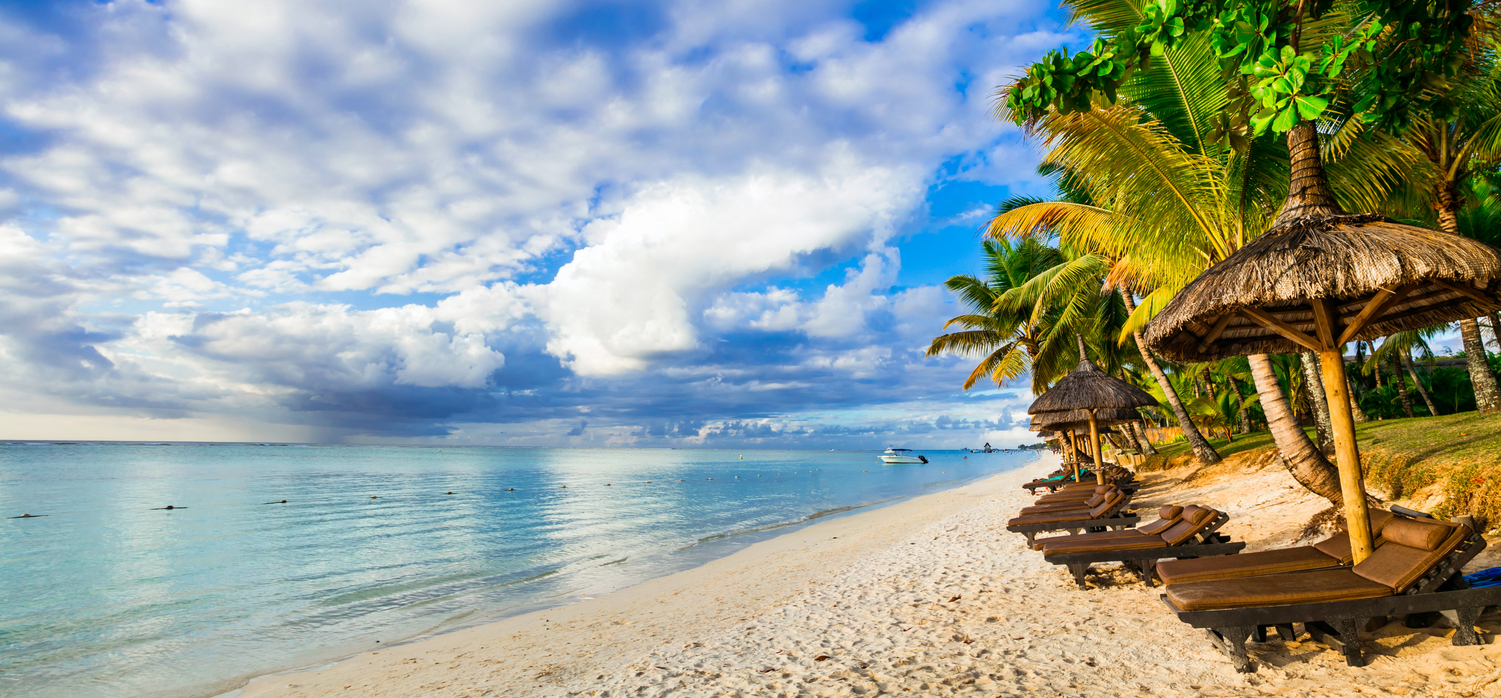2024/07/29
PALM 10 Started; Another Environmental Problem That Cannot Be Ignored

The 10th Pacific Islands Leaders Meeting (PALM 10), in which 14 Pacific Island countries, two French territories, Japan, Australia, and New Zealand are participating, started on July 16. PALM is an international conference hosted by Japan and has been held every three years since 1997 for the purposes of stabilizing the economies, solving social problems, and developing the economies of the South Pacific region. At the conference, support measures to address climate change, adopt the decarbonized society, prevent disasters, control sea level rise, improve the communication environment, develop financial infrastructure, and foster human resources, as well as individual assistance to each country and region, are discussed. The conference is scheduled for three days, and a joint declaration will be adopted on the last day.
Pacific Island countries and regions have deep relations with Japan. In Micronesia, which experienced the Japanese-governed period, the Japanese diaspora with immigrant roots accounts for 20% of the population. They are traditionally pro-Japanese, and human interactions are very active. For Japan, Pacific Island countries and regions are major fishing grounds for tuna and bonito, as well as key locations for maritime transportation. As the security environment becomes more challenging, the importance of partnerships with Pacific Island countries and regions is growing.
At the same time, pressure from China, which positions the regions as the front line of its defense against the US, is increasing. The Solomon Islands and Kiribati switched their relations from Taiwan to China in 2019, and Nauru also cut its ties with Taiwan in January 2024 and announced the establishment of diplomatic relations with China. The US has recognized the Cook Islands and Niue as sovereign and independent states and opened embassies in the Solomon Islands and Tonga, intensifying its involvement. Some countries and regions strategically utilize, or are even forced to do so, the risk of the confrontation between the US and China. However, I believe that their real intention is that they do not want to get involved. Regional inclusion and stability are the interests for all stakeholders, and I hope that Japanese diplomacy will take the lead.
An article written by Mika Funakoshi, “Time Bombs Sleeping in the Fierce Battleground,” cited from “Kyodo Weekly No. 29,” which was released on July 15, 2024 by K.K. Kyodo News., just caught my attention. According to this article, 3855 warships and commandeered ships sunk in the Pacific Ocean during World War II are 80 years old now and corroding and deteriorating, and the estimated 5.7 billion liters of fuel and a large amount of weapons remaining on board could leak out and spill out. The imminent crisis, or the “time bomb” issue, was raised by the Solomon Islands in 1999, but the bombs are still “sleeping.” It is said that 86% of the sunken ships, namely 3,322 ships, were Japanese ships. As the host country of PALM and the party concerned to this issue, Japan has an important role to play.
This Week’s Focus, July 19
Takashi Mizukoshi, the President